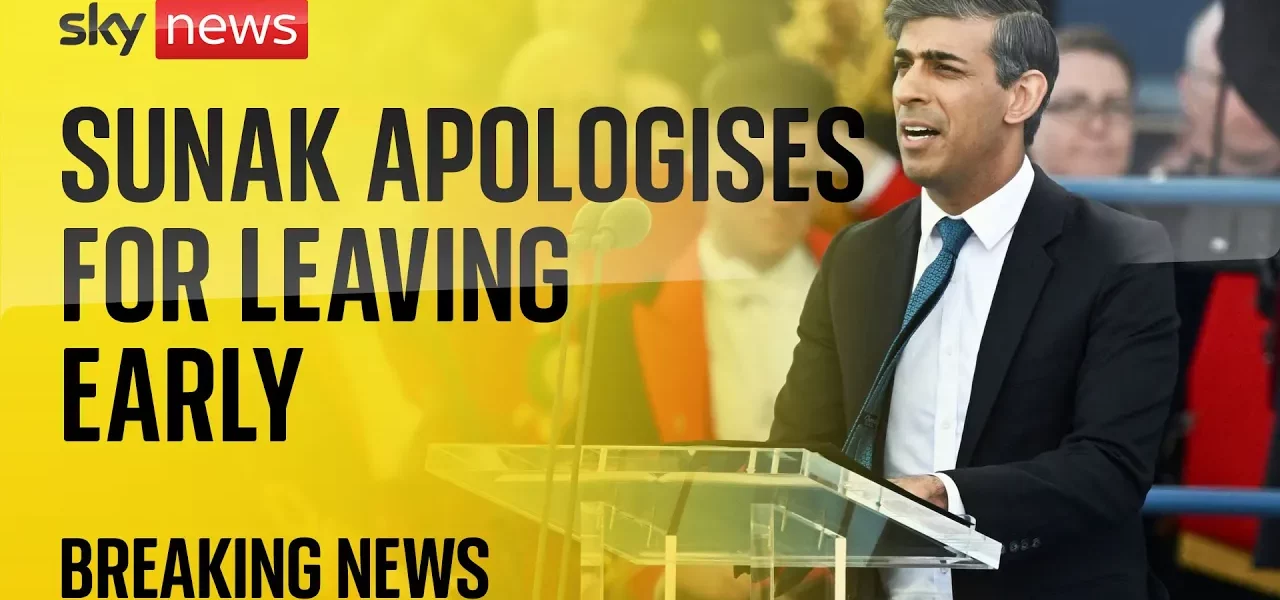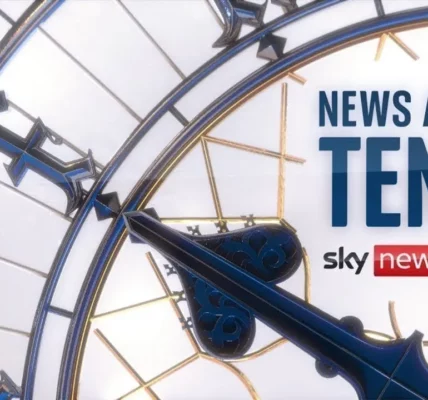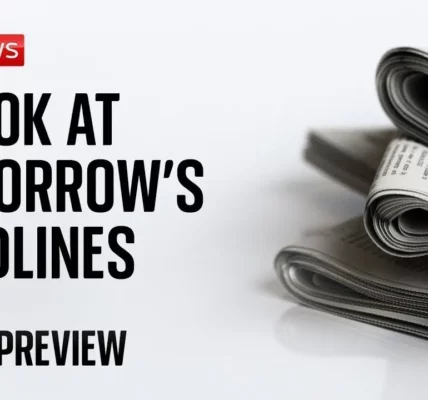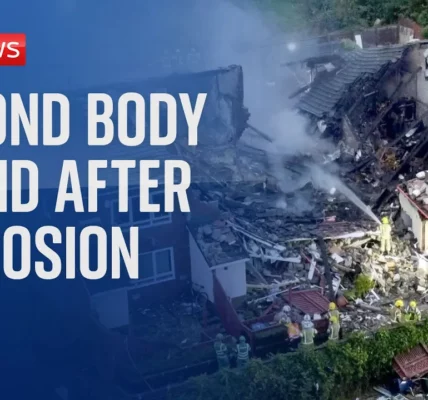Prime Minister Rishi Sunak Apologizes for Leaving D-Day Ceremony Early

In a surprising twist, Prime Minister Rishi Sunak has issued an apology for departing from a D-Day ceremony prematurely. This article delves into the details of his statement, reactions from political leaders, and the broader implications for veterans and the UK government.
Introduction
The 80th anniversary of D-Day stands as a significant moment in history, honoring the valor of those who sacrificed their lives during World War II. However, this year’s commemoration took an unexpected turn when Prime Minister Rishi Sunak left the ceremony early, prompting widespread criticism and an eventual public apology. This incident not only highlights the deep respect for veterans but also reveals the intricate relationship between politics and public perception during significant national events.
The Apology and Its Context
Prime Minister Sunak’s apology was communicated via a tweet shortly after his departure from the ceremony in Normandy, where he was joined by other world leaders. In his statement, he expressed regret for not staying longer, emphasizing the importance of honoring those who made the ultimate sacrifice. His words included:
“This anniversary should be about those who made the ultimate sacrifice for our country. The last thing I want is for the commemorations to be overshadowed by politics.”
This public acknowledgment of his mistake serves as a significant moment in his leadership, particularly in relation to the Conservative Party’s image and its commitment to veterans.
Political Reactions and Implications
The political fallout from Sunak’s early departure has been substantial. Various opposition leaders have seized the opportunity to criticize the Prime Minister, framing his actions as a “dereliction of duty.” Below are some notable responses:
- Labour Party: Shadow Minister Matthew Penik described Sunak’s actions as a serious mistake, emphasizing the emotional weight of attending such commemorations for many veterans.
- Liberal Democrats: Ed Davey highlighted the gravity of the Prime Minister’s absence, stating it reflects poorly on the government’s respect for those who served.
The backlash illustrates a broader concern about the government’s perceived commitment to veterans and the Armed Forces. Critics argue that such oversight could alienate a significant portion of the electorate who hold these values dear.
The Media’s Role in Shaping the Narrative
The media has played a crucial role in amplifying the significance of this incident. Political commentators and journalists have repeatedly questioned the Prime Minister’s decision to leave early, framing it as a pivotal moment in his leadership. This ongoing scrutiny serves to:
- Highlight the disconnect between political leaders and the public sentiment surrounding commemorative events.
- Fuel discussions around the government’s priorities and its treatment of veterans.
- Encourage opposition parties to leverage the situation for political gain.
This scenario exemplifies how political narratives can shift rapidly based on leaders’ actions, particularly during times of national remembrance and reflection.
Conclusion
In conclusion, Prime Minister Rishi Sunak’s early departure from the D-Day ceremony and subsequent apology underscore the delicate balance between politics and public perception. This incident not only raises questions about the government’s commitment to honoring veterans but also illustrates how political missteps can have far-reaching consequences. As the political landscape evolves, it remains essential for leaders to navigate these sensitive moments with care and respect. We encourage readers to stay informed about the ongoing developments in this story and its implications for future commemorative events.
For more insights on political leadership and its impact on national events, visit our related articles on Political Leadership and Veteran Affairs.
“`




